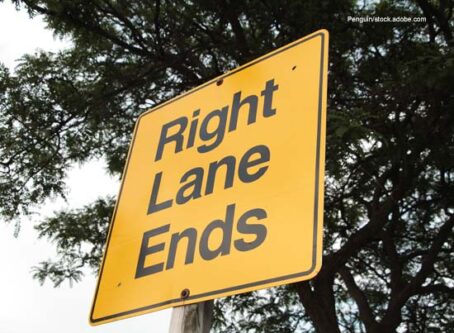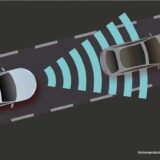Missouri bills focus on locals’ ticket revenue stream, quotas
Rules in Missouri to curtail overzealous law enforcement practices are being revisited at the statehouse.
Missouri law limits to 20 percent the amount of traffic fine revenue municipalities can keep. The threshold for St. Louis County municipalities is lower – 12.5 percent.
Cities or towns that receive more are required to turn it over to the state. The revenue is then applied to schools in the community.
State law also limits fine amounts for first offenders to no more than $225.
Sen. Ed Emery, R-Lamar, has filed a bill for consideration during the upcoming regular session that would increase the range of fines for minor traffic violations and municipal ordinance violations.
The maximum fine for first offenders would increase to $500. Repeat municipal ordinance offenses committed within a 12-month period could top out at $300 – up from $275. Maximum amounts for third violations and subsequent violations could reach $400 and $500 – up from $350 and $450, respectively.
The bill, SB692, would also raise the 20 percent threshold for municipalities’ ticket revenue. The cap would increase to 30 percent. Also, the cap in St. Louis County would be set at 30 percent.
According to a legislative fiscal note, the widened range of fines could result in an increase of $800,000 for Kansas City.
Critics say it is important to keep in place protections to thwart the practice of municipalities drumming up local revenue through excessive traffic tickets.
A separate bill, HB1307, would remove the current limits on fines if the offender challenges a ticket. Specifically, the fine cap would not apply if the defendant is represented by counsel and entered into a plea agreement with the court.
Ticket quotas
Also filed for consideration is a bill that is intended to put an end to police going on ticket-writing sprees.
Rep. Steven Roberts, D-St. Louis, has filed a bill that would eliminate citation quotas for state or local law enforcement. The bill, HB1323, would forbid performance evaluations from comparing the number of citations issued by one officer to the number of citations issued by another officer.
Advocates for the rule refer to tying an officer’s ticket writing activity to his or her performance evaluation as the “dirty little secret” of some police forces. They say the practice turns officers into revenue generating machines.
Officers “point of contacts” could still be used for performance evaluations. Contacts include the number of traffic stops completed, arrests, and written warnings.
Officials with the Independence, Mo., Police Department are on record as critical of the proposed change. The agency has indicated in a previous fiscal analysis that “self-initiated activity including issuing citations is a primary function of patrol officers.”
Others say that prohibiting supervisors to evaluate officers on their levels of self-initiated activity would have both fiscal and public safety implications.
The bills await assignment to committee for the session that begins Jan. 3.
To view other legislative activities of interest for Missouri, click here.









